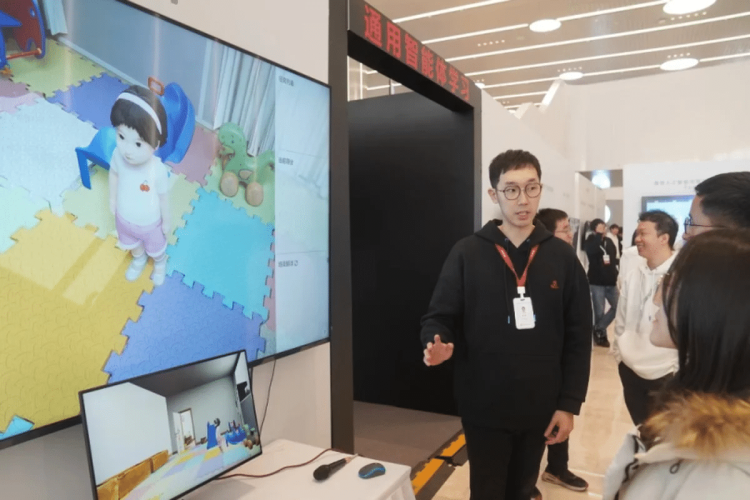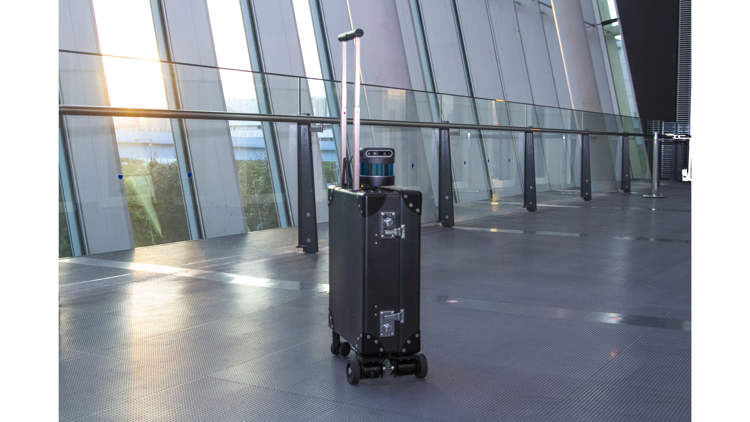Lily Rain is a popular AI-created digital model that earns her creators around $20,000 a month on platforms like Fanvue simply by appearing in stunning travel photos.
It’s no secret that AI models are killing it online these days. Fitness model Aitana Lopez has over 300,000 followers on Instagram and she’s not even a real person, Emilly Pelegrini, another digital influencer, has been dubbed the world’s hottest model, and “perfect girlfriend” Lexi Love earns over $30,000 a month by acting as a romantic interest for lonely people. Now, another virtual influencer is making news headlines because of her popularity as a travel model. Lily Rain’s profile on subscription-based social platform Fanvue shows the attractive young woman in various eye-catching locations around the world, but the fact that these photos are entirely the work of artificial intelligence doesn’t seem to bother her legions of fans.





















